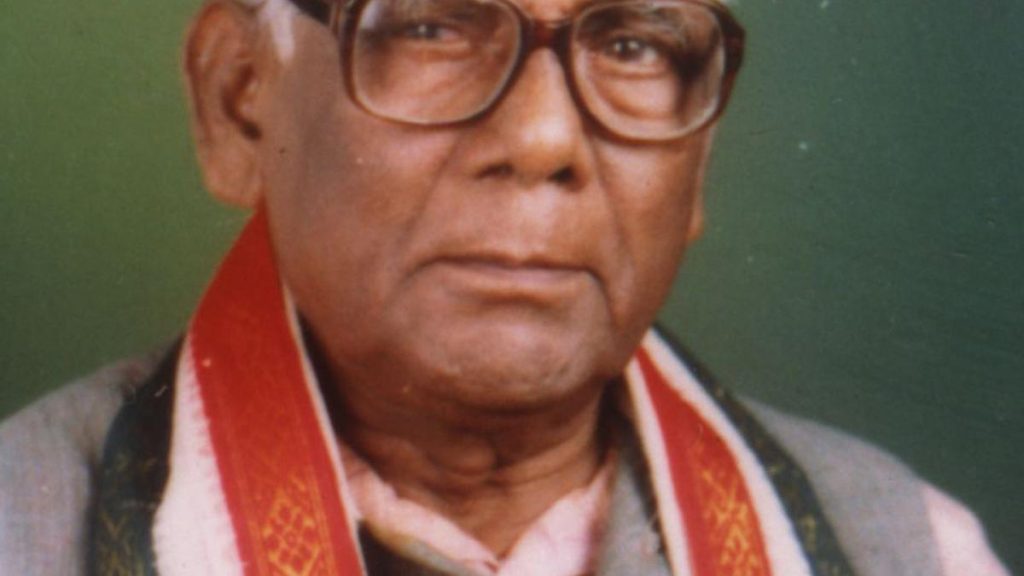Now Reading: 5 Silent Strategies to Teach Emotion Regulation at Home
-
01
5 Silent Strategies to Teach Emotion Regulation at Home
5 Silent Strategies to Teach Emotion Regulation at Home

Rapid Summary
- A U.S.-supported study by Eisenberg et al. emphasizes that parents’ emotional behaviors influence children’s ability to regulate emotions and manage behavioral issues.
- A Cambridge review highlights positive parental expressivity fosters emotional stability, while negative expressions lead to dysregulation in children.
- Mirroring, a concept rooted in self-psychology, helps infants connect their internal emotions with external validated expressions.
- Dr. shorouq Motwani from Lilavati Hospital identifies five nonverbal strategies for fostering emotional regulation:
1. Demonstrate calm body language and controlled breathing to signal safety and lower stress responses.
2. Utilize “mirror neurons” by modeling calmness during conflicts or tense situations for mood contagion benefits.
3. Employ non-verbal cues like pleasant eye contact and open gestures to reduce stress hormones like cortisol.
4. Pause before reacting to allow space for constructive responses over reactive confrontations.
5. Long-term benefits of emotional regulation include better physical health, stronger family ties, and enhanced conflict resolution within families.
(Image credits: iStock | Pexels | TOI)
Indian Opinion Analysis
This article underscores the pivotal role parents play in shaping children’s emotional well-being through silent yet powerful behavioral examples rather than verbal instructions alone. With validation from scientific studies (e.g., Eisenberg et al.), it is indeed evident that parental composure directly impacts a child’s ability to develop resilience and self-regulation skills-traits crucial for navigating life’s challenges effectively.
For India-a culture deeply rooted in familial bonds-the insights are notably relevant as they offer practical methods for fostering intergenerational mental well-being amidst rising awareness about mental health challenges across varying socioeconomic strata today.
Families embracing these nonverbal communication techniques could mitigate the escalating societal pressures often felt within Indian households while laying foundations for healthier family dynamics long-term-a step toward a more emotionally attuned society overall without resource-heavy interventions requiring widespread infrastructure advancement or deep systemic changes at this stage.



























